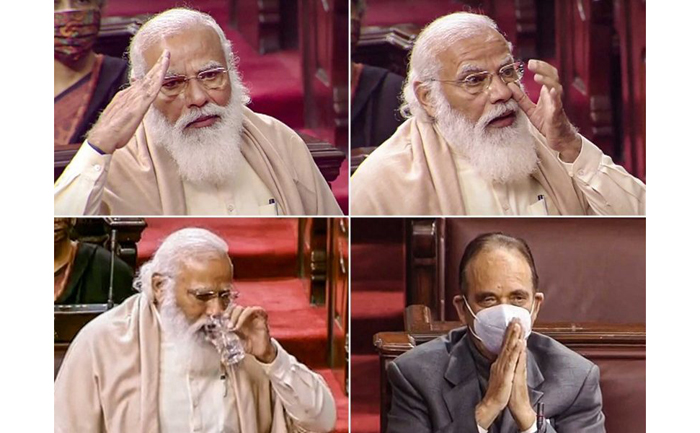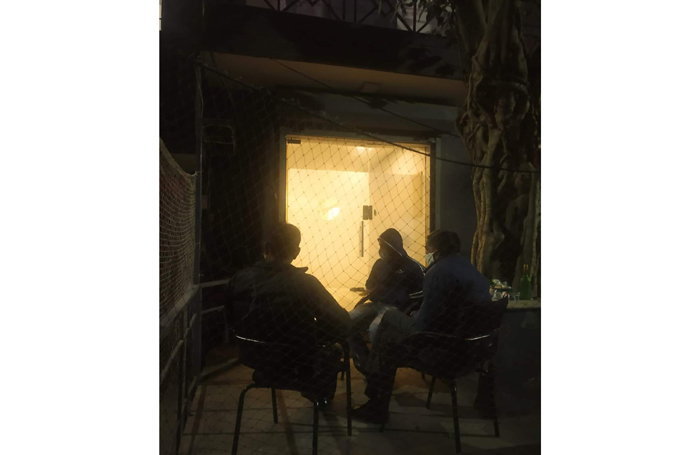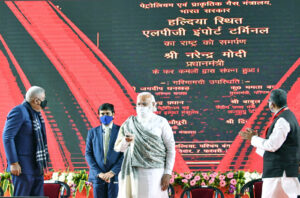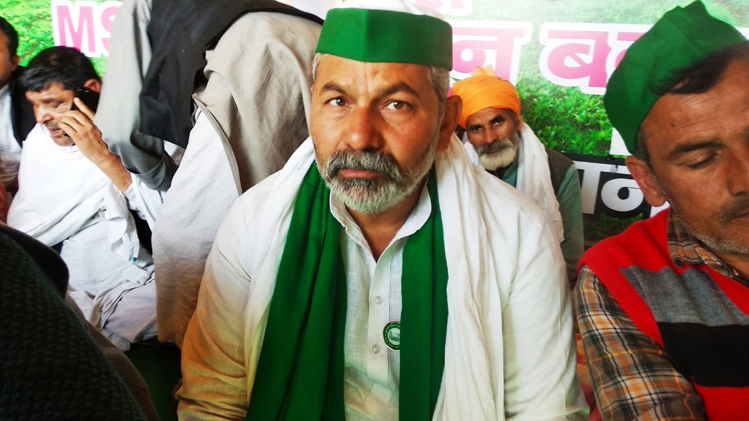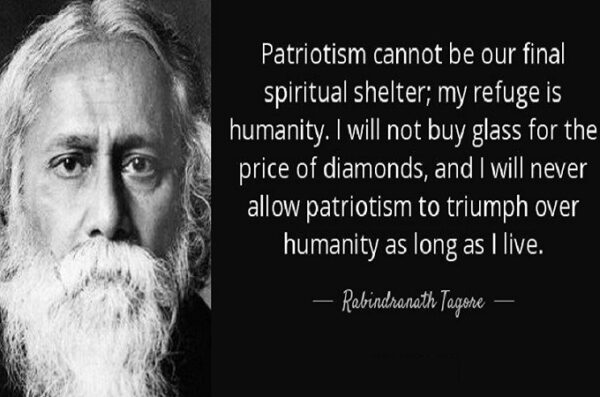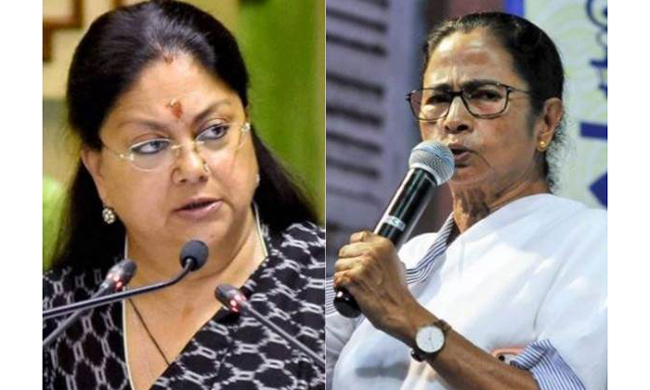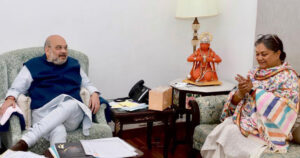Even Caligula cried.
Images of the third Roman emperor popped up in my mind when I watched our prime minister crying on the floor of Rajya Sabha when he bid farewell to Gulam Nabi Azad, the veteran Congress leader from former Jammu &Kashmir state. Choked with emotion, he was unable to speak for a few minutes even after taking two sips from his glass of water as the house fell silent across the aisle.
As tears welled out of his eyes beneath the specs, Narendra Damodardas Modi really resembled the age-old image of our Hindu saints with his flowing white beards and silver crown. He wiped his eyes and tried to complete his tribute to Azad but choked again only to end it with a gesture of military salute to the opposition leader.
The memory game
The memory that made Modi tearful was related to one of the terrorist attacks in Kashmir valley on Indian tourists. The 2006 incident that killed a dozen and left many injured involved Gujaratis from Modi’s home state. Back then Modi was Gujarat’s chief minister while Azad was his counterpart in J & K. Modi recalled how Azad not only took the initiative to send back the dead and injured back to their home but also cried sharing their pain and shock.
Azad is a ‘good Muslim’ who takes ‘pride into being a Hindustani Muslim’ and is soulful in his appreciation of Indian democracy. He regretted the forced exodus of Kashmiri Pandits from the valley, wished end of militancy and terrorism and urged majority Hindus to come two steps forward to make Indian Muslims including their Kashmiri counterparts.
These well-meaning nationalist sentiments from an Opposition leader of Kashmir must have warmed the heart of Modi. His Man Friday, Amit Shah who wears the hat of the country’s home minister too, also became soft-eyed. The mellowed mood of the top duo, both Gujarati, over Azad’s expressed bonhomie with people of their home state and the Union was politically significant too.
The teary politics over Kashmir
Though he has little following in the valley, Azad’s words will help the ruling duo to sidetrack the mild criticism of Congress and other mainstream opposition over the de facto abrogation of article 370 of Indian constitution that had guaranteed special status of J&K and abolition of its statehood last August. Azad himself later pointed out that the abolition of the state and its legislature that denied him the chance to get back to the upper house.
Nevertheless, it was a moving scene of personal as well as bipartisan camaraderie in the Indian Parliament, that had witnessed the bwidening gulf between the government and opposition only the day before. The poignant moment temporarily bridged the gulf when Modi and his minions are labelling all opposition and civil society dissenters as ‘anti-nationals’. It was also reassuring for the survival of the largest democracy in the era of Trump and America’s Capitol Hill moments, the oldest democracy.
Caligula is dead. Long live Caligula.
Still, Caligula continued to haunt me. Most historians remember the young Roman emperor as an energetic, fanciful and ambitious as well as a self-obsessed, sadistically cruel and cunning man, almost insane. He expanded the empire, initially tolerated countervailing senators, and made some populist moves on imperial transparency. But later he turned himself into a living god and insisted on his ‘worshipping’ both by the powerful senators and common subjects.
‘One Lord One King’ was his motto.
He threw commoners to wild beasts in Roman arena when there were no prisoners to feed the hungry lions and tigers or when he was simply bored. He killed or forced potential competitors and conspirators to commit suicide or flee on the basis of mere whims or suspicions. He engaged himself into many excesses including the construction of spectacular palaces and monuments dedicated to his glory, all at the expense of public funds when hunger plagued the realm.
Nevertheless, Caligula too cried on some occasions, particularly, after the murder of his younger sister before his own assassination.
Caligulas of our age
Our Mota bhai is not young as Julias Caesar. But like many modern dictators that we have witnessed, he too shares Caligula’s traits, which includes his public display of emotions in, especially when our pain is personal. Unfortunately, personal is political too.
True, every Gujarati can’t be a Gandhi as every Bengali can’t be a Rabindranath in their sharing of the universal human pains, or closer home, sorrow of all Indians across the fault line of faiths and languages. So Modi did not feel like crying when another orgy communal violence killed Gujaratis, both Hindus and Muslims, the latter more in number under his watch in 2002. Let us correct ourselves. Did he not feel sorry for the ‘mongrel puppies who came under his wheels accidentally’ later?
He may not have cried when thousands of Kashmir’s civilians; women, children and teenagers had become collateral damage of anti-terror military and para-military encounters for decades. Still, his eyes were moist for the Pundit diaspora during his heady show of strength in the Trump land.
After his rise on the Raisina hills, Modi’s eyes did not well up or his voice quiver when some people collapsed in the serpentine queues in front of ATMs and Banks during Notebandi (demonetization). Neither he nor Shah wasted their precious drops of tears for the millions of migrant laborers and their hapless families who trudged for hundreds of kilometers along the national highway during the ‘talabandi’ (Lockdown). Nor did they feel the excruciating pain when the Kathua or Hathras girls were killed after being gang raped.
So, why complain if Modi does not feel the pains of 200 odd families of farmers who died of cold and other afflictions on roads under the freezing sky during the agitation against pro-corporate farm laws? Rest assured, our Caligula will cry again, maybe in 2024.


